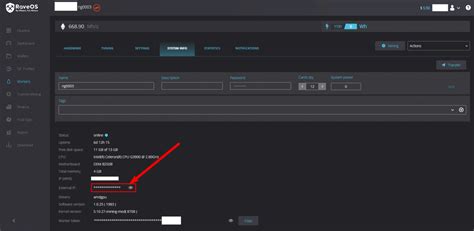Can you modify the Bitcoin source code to create addresses that people have already used?
When it comes to Bitcoin address management, one of the most pressing concerns is to create unique addresses for each transaction. A common approach is to use a technique called “address hashing” or “random address generation.” This method involves using a cryptographically secure pseudo-random number generator (CSPRNG) to generate new random addresses whenever new ones are needed.
Current Bitcoin implementation
In the Bitcoin program “bitcoin-qt.exe,” which is used to run the Bitcoin client on Windows, the source code generates new random addresses every time it is run. This is achieved by using the CSPRNG to calculate a seed value and create a unique address string based on this hash.
Modifying the source code

Now let’s see if you can modify the Bitcoin source code to create addresses that people have already used. While technically possible, there are several reasons why this is not an effective solution:
- Cryptographic Security
: The goal of using CSPRNG to generate addresses is to create truly random and unpredictable addresses. If someone were to modify the source code, they could exploit vulnerabilities in the system or install backdoors that would allow them to generate addresses known to existing users.
- Hash Collisions: Even with CSPRNG, hash collisions (or collisions) can occur when two different inputs produce the same output hash. This means that if someone were to modify the source code and create a new version of bitcoin-qt.exe, they could use an address that was already in use by another user.
- Hash History: Bitcoin uses a “hash history” table that keeps track of all known addresses in the blockchain. If you modified the source code to create new addresses, someone with knowledge of this hash history could predict and avoid using those addresses.
Why New Addresses Are Still Needed
While modifying the source code may seem like a viable solution, it is not practical or secure for several reasons:
- Security: As mentioned earlier, exploiting system vulnerabilities or installing backdoors is still a risk.
- Hash Collisions: Even if you could predict new addresses, hash collisions would still occur, allowing someone to use an address that is already in use by another user.
- Network Security: If multiple nodes in the network have different addresses, a breach of trust by one node could lead to a denial of service (DoS) attack or even a complete takeover of the blockchain.
Conclusion
In summary, modifying the Bitcoin source code to generate addresses that people have already used is not a feasible or secure solution. Cryptographic security and the risk of hash collisions make this approach unacceptable. Instead, the best practice for managing Bitcoin addresses is to use a unique address format that ensures randomness and unpredictability, such as the default Bitcoin address format (m/0/0/c) generated by bitcoin-qt.exe.
